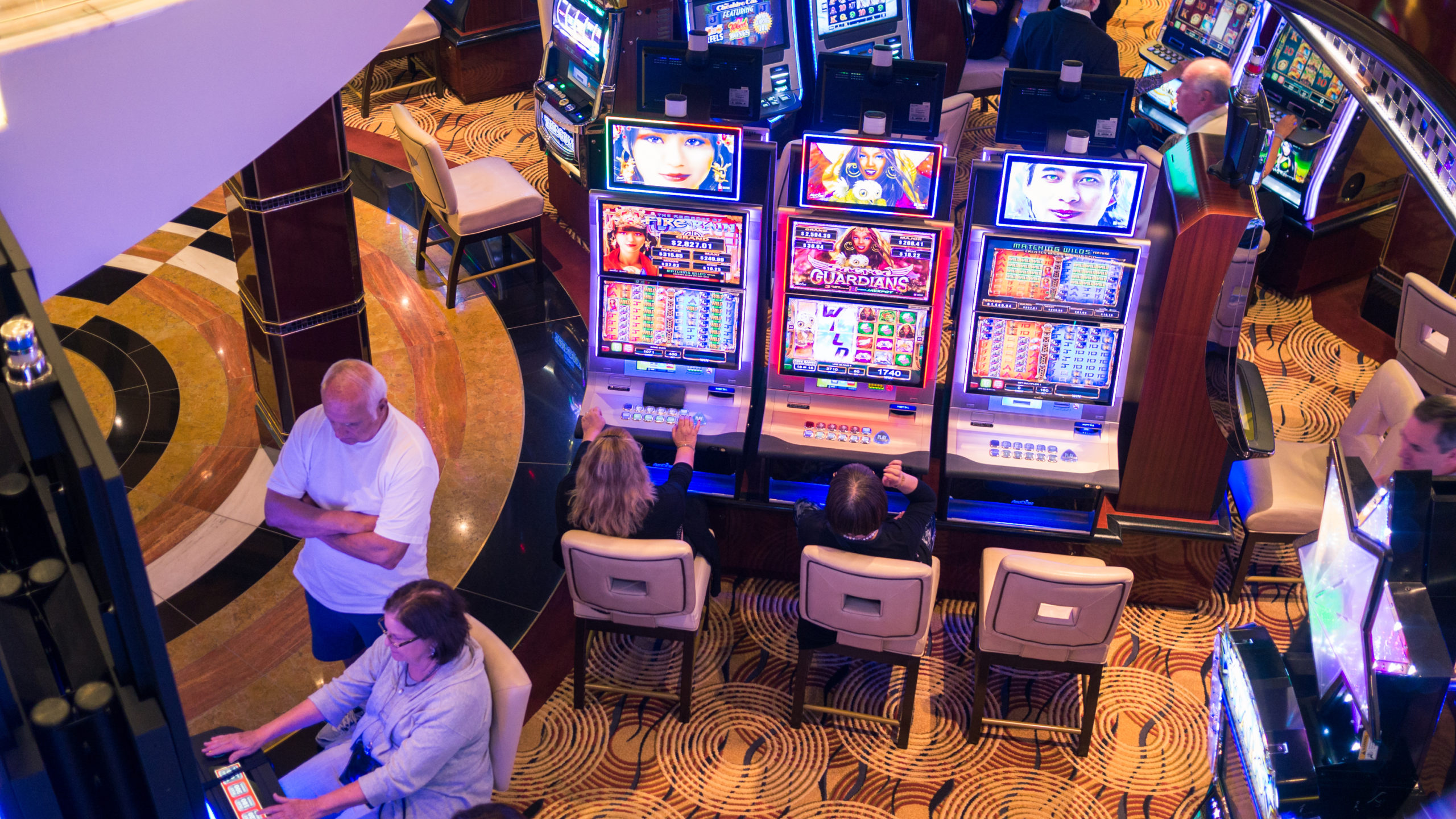A Fascinating History of Fruit Machines
The saga of fruit machines is a fascinating journey that parallels the evolution of amusement and wagering throughout the years. Beginning in their humble beginnings in the 1890s to becoming a mainstay in gambling establishments throughout the globe, these games of fortune have experienced remarkable transformations. Slot machine games have enthralled players with their vibrant visuals, immersive concepts, and the hope of transformative prizes.
Originally made as mechanical devices with turning drums and few icons, slot machines have transformed into sophisticated tech-based games that feature modern tech and interactive components. Currently, they draw in millions of players, each hoping to strike it lucky with just the pull of a handle or the tap of a button. Delving into the captivating history of these devices unveils not just the tale of a beloved hobby, but also a mirror of societal changes and progress in technology over the ages.
The Origins in Slot Machines
A tale of slot machines originates in the final years of the 19th century, a time when machines were becoming popular in places of amusement. ga179s.com The first true slot machine came into existence by Charles Fey in 1895, referred to as the Liberty Bell. It featured three spinning reels and 5 symbols: hearts, diamonds, spades, a horseshoe, and the famous Liberty Bell. Players pulled a lever to spin the reels, and if the symbols matched in a specific combination, players won a payout. Fey’s invention quickly captured the attention of gamblers and set the foundation for future developments in casino slots games.
As the idea of the slot machine gained popularity, numerous inventors looked to enhance Fey’s design. By the dawn of the 1900s, slot machines were becoming a frequent presence in saloons and amusement parks. In 1907, the initial electromechanical slot machine was introduced by Herbert Mills, which featured a more intricate system of payout mechanisms and the renowned fruit symbols that are still associated with slots today. This evolution marked a major shift in the gaming industry, as machines became more entertaining and user-friendly, attracting more players.
The popularity of slot machines remained high throughout the early 20th century, leading to their extensive use in casinos across the United States. However, the rise of legal restrictions on gambling during the Great Depression posed challenges for the industry. Many machines were outlawed, but this did not stop innovators. Instead, they adapted by creating machines that dispensed candy or gum instead of cash prizes, effectively circumventing the restrictions while still offering the thrill of a casino slots game. This ingenuity kept the spirit of gambling intact, setting the stage for the future resurgence of slot machines in modern casinos.
Development of Slot Machine Innovation
The history of gambling machines commenced in the closing 19th hundred years with the creation of the first mechanical slot machines. A mechanic named Charles Fey, a San Francisco mechanic, launched the Liberty Bell in 1895, which featured three rotating reels and five icons: heart shapes, diamonds, spade symbols, a horseshoe, and the Liberty Bell itself. This straightforward yet captivating design laid the groundwork for the future of slot games, creating an instant draw for gamblers searching for fun and a shot to win.

As innovation matured, so did the appearance and functionality of gambling devices. By the middle 20th hundred years, electronic mechanical machines emerged, adding electric parts to improve gameplay and boost payout chances. These developments permitted for increased sophistication features like various paylines and greater jackpots. The gaming establishments embraced these developments, resulting in the growth of gambling devices as a major contributor of income within the gaming industry, essentially changing the casino slots game experience.
The final 20th and early 21st centuries introduced the digital revolution, resulting in the launch of digital slots. These gaming units changed out traditional reels with monitors, allowing even more creativity in themes and gameplay features. Players could now enjoy engaging graphics and sound effects, along with involving bonus rounds. The shift to internet gambling further transformed the gambling world, allowing slots accessible to a global population at any time and wherever, thus marking a new era in the development of gaming machine technology.
The Cultural Influence of Gaming Machines
These gaming machines have become more than just a means of leisure; they have integrated into the essence of popular culture. From movies and television shows to music and literature, these iconic gaming machines often serve as emblems of luck and risk. Films like The Casino and Ocean’s Eleven prominently highlight slots, portraying them as exciting yet unpredictable elements of the casino atmosphere. Their unique attraction lies in the sound of coins falling, the spinning reels, and the bright blinking lights, which together create an exhilarating atmosphere that captures attention.
Moreover, slot machines have shaped social gatherings and events, making them a focal point in casinos and gaming venues. Many people do not just go to a casino to gamble; they go for the entire experience, which encompasses the social interactions and the lively ambiance surrounding these machines. Special contests and themed gaming nights centered around slots also showcase their popularity, fostering community engagement and shared experiences among players. This community aspect has contributed to the machines’ enduring popularity.
The evolution of technology has further transformed this cultural impact. Digital and online slots have broadened access to these games well beyond the walls of physical casinos. Players can now enjoy their favorite casino slots game from home or on the go, leading to the rise of online communities and forums where enthusiasts exchange strategies and experiences. The ongoing innovation in game design and the inclusion of storytelling have kept the cultural significance of slot machines alive, attracting new generations of players while maintaining a connection to their historical roots.